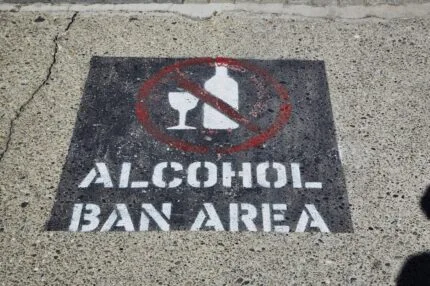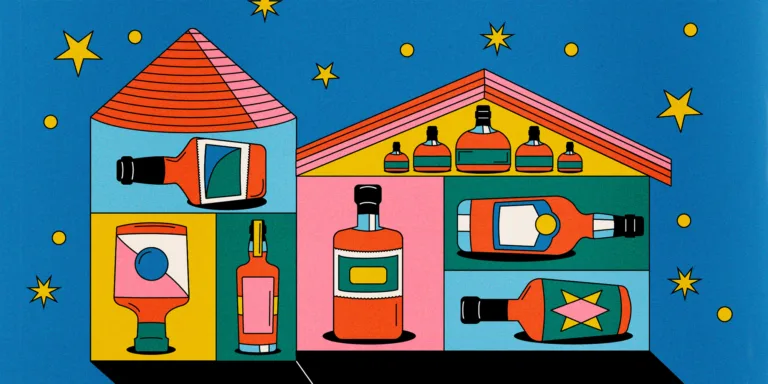Winemakers at DO Jumilla’s stand at Decanter’s London Fine Wine Experience
Situated in southeast Spain, in the area of Levante, the Jumilla designation straddles Castilla-La Mancha and Murcia, and is the celebrated heartland of the Monastrell (Mourvèdre) variety – which is well-adapted to the region’s arid climate and low rainfall.
Historically, wine production in the Jumilla DO has been dominated by bulk wine production. Today however, the DO is known for its superb quality reds from low-yielding vines. Many of these vines are still on their own rootstock, ungrafted due to the predominantly sandy, calcareous soils which have historically proved less susceptible to the devastating effects of phylloxera.
Old vine, ungrafted expressions
It is estimated that there are around 1000ha of such heritage vines in the Jumilla DO. This is the home of resilient viticulture: ungrafted, dry farmed, bush vines. The viticultural region is an example of highly localised adaptation to the natural environment, soils and extremes of growing conditions. The designation explores old vine heritage and purity of varietal expression, with very low yields – as low as 1kg/individual vine in the case of old vines.
Vine roots penetrate deep into the soil to find water; in the vineyard the soil is worked to avoid a crust forming and the subsequent evaporation of water. Resilience is the key here: in a time of climate change changing viticultural practices the world over, DO Jumilla is paving the way in its historic adaptation to extremes of climate, and is a pioneer in







